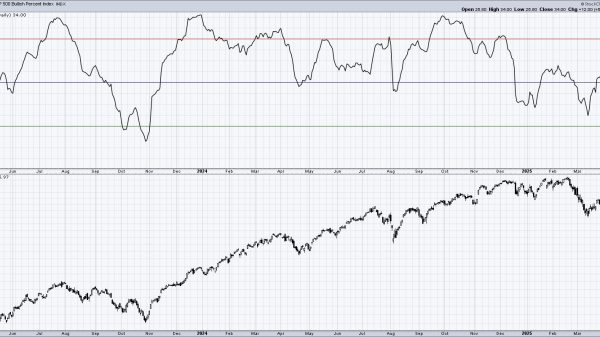Critics warned it would lead to widespread abuse. Yet, in October 2018, Canadian lawmakers made Canada the first G7 country to legalize, not merely decriminalize, recreational cannabis.
Researchers at McMaster University have conducted a prospective cohort study involving 1,428 adults in Hamilton, Ontario. Some participants were cannabis consumers before legalization, while others began using cannabis post-legalization, between September 2018 and October 2023. Their findings were published today in the Journal of the American Medical Association. The results:
Cannabis use frequency increased modestly in the 5 years following legalization, while cannabis misuse decreased modestly.
During the COVID-19 pandemic, alcohol, cannabis, and illicit substance use spiked in most countries. Researchers found that after the pandemic’s onset, cannabis misuse (or cannabis use disorder) experienced a sharp reduction and has not yet returned to prior rates. The most significant drop occurred among individuals who were frequent users before legalization.
Overall, during the study period, individuals who frequently used cannabis before legalization tended to reduce their consumption, while those who had not previously used cannabis were more likely to increase their use. Misuse declined among all groups that were already using cannabis before legalization. Researchers observed a rise in misuse among those who had previously abstained—an expected outcome given their zero-use baseline.
Further analyses identified significant changes in the types of cannabis products favored by active users over time, with declines in the use of dried flower, concentrates, cannabis oil, tinctures, topical ointments, and hashish. In contrast, the consumption of edibles, liquids, and cannabis oil cartridges or disposable vapes increased. The shift away from combustibles is a positive development that may reduce the likelihood of developing pulmonary health issues.
These findings suggest that cannabis legalization may not lead to the adverse health effects that critics feared. In fact, it could promote safer consumption habits and minimize overall harm.
Canada’s experience did not result in a public health crisis. Misuse declined, safer products gained acceptance, and the situation remained stable. As US states continue to consider legalization, the takeaway is clear: the question isn’t whether to legalize—it’s how to do it smart.

























